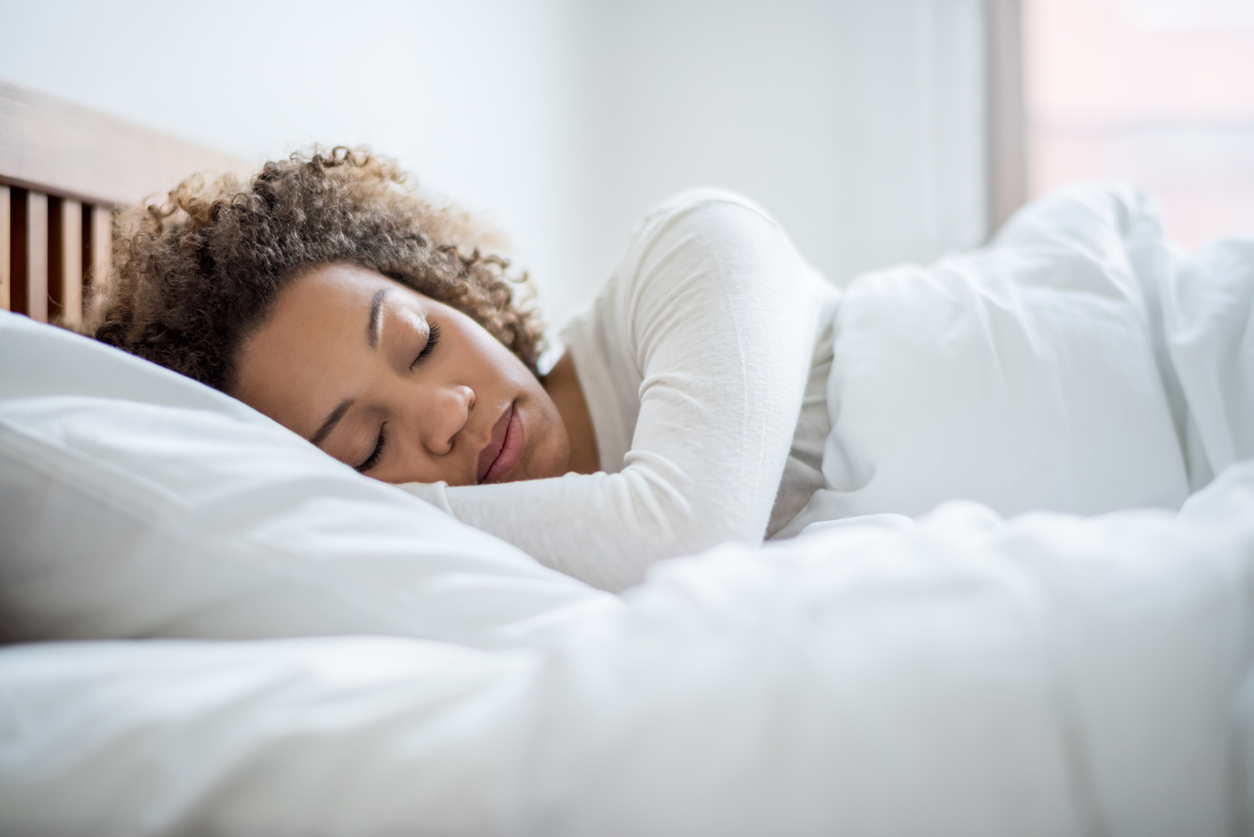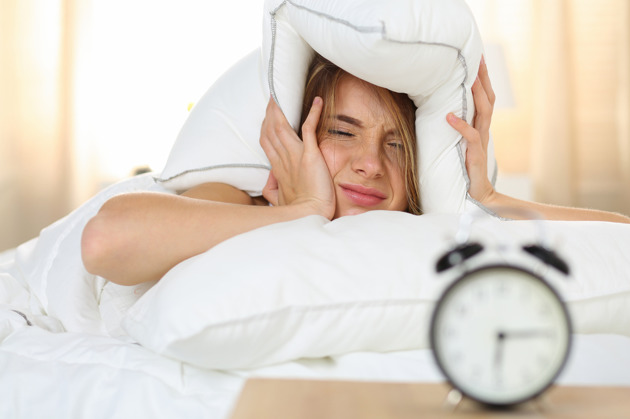How good you feeling during the day largely depends on the amount of sleep you get at night. Likewise, the secret to cure sleeping problems often lies in your day-to-day routine. Your daily lifestyle choices, bedtime habits and sleep schedule all add up to make a huge impact on the quality of your sleep. Below is a checklist that will help you enjoy a restful night’s sleep to keep you emotionally balanced, mentally sharp, productive and bursting with energy all day long.

-
Do you have a sleep routine?
Our sleeping patterns are influenced heavily by our internal body clock. This is why it’s essential to get into a good routine. Stick to the same bedtime every night and try to wake up at the same time a day. Once you’re in a good sleep routine you won’t need an alarm to wake you up but if you do sleep right up to the alarm, avoid hitting that snooze button (however tempting it may be!). If you find yourself dropping off in front of the TV, get up and go to bed – films and TV shows can always be recorded!
-
Do you exercise during the day?
Regular exercise has many benefits for sleep and several studies have shown that those who engage in frequent physical activity during the day are more likely to sleep soundly at night. When you exercise you tire your body out and get rid of excess energy, frustration and anger that might otherwise stop you from falling asleep. Exercising helps you helps you to de-stress and clear your mind so you don’t have any nagging thoughts when your head hits the pillow. You don’t need to go crazy at the gym, just 20-30 minutes each day should do the trick and you can always break it up throughout the day if you struggle to find the time.
Exercising too close to bedtime can stimulate the body and raise its temperature. If you get home late or don’t feel like a vigorous evening workout, try relaxing exercises like gentle stretching or yoga. This kind of activity will promote a good night’s sleep.
-
Is your bedroom dark?
When it gets dark, our brain secretes more of the hormone melatonin to regulate your sleep-wake cycle and make you feel sleepy. However, the lifestyle we lead today can sometimes disrupt this process. For example, watching TV or using backlit devices such as laptops, tablets and smartphones in bed trick your body into thinking it’s daylight and suppress the production of melatonin. Any light at all in the bedroom is disruptive to good sleep, so invest in blackout curtains or blinds, cover any flashing displays and switch off TVs and laptop screens.
-
Do you snore?
Snoring is a major obstacle to a restful night’s sleep, so if you snore or live with a snorer, it’s time to get it sorted out. Snoring can be caused by several factors including:
- Sleeping on your back
- Obesity
- Allergies
- Smoking
- Drinking alcohol in the evening
Making slight changes to the above lifestyle choices might help to reduce your snoring and you can also buy nasal strips and mandibular advancement devices to help you sleep soundly and silently. If you’re concerned about snoring, visit a snoring disorder centre to see how they can help.
-
Do you leave work at the office?
Bringing your work worries home with you is likely to contribute to night-time stress, which will keep you awake at night. Try to shut off when you leave work at the end of the day and let your home be your haven rather than another workplace. Refrain from checking your emails at night and let yourself relax!

Herry a man of many talents and interests. He has been writing on health for years and his blog covers everything from diet to natural remedies, fitness, and more. He loves learning about new things like supplements like turmeric, probiotics, green tea extract, protein powders etc., because he wants to give his readers the latest information they need in order to make healthy decisions for themselves or their loved ones.












